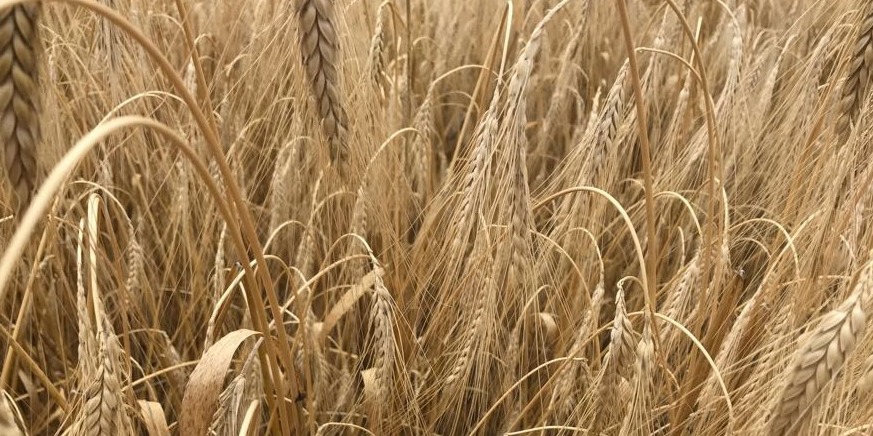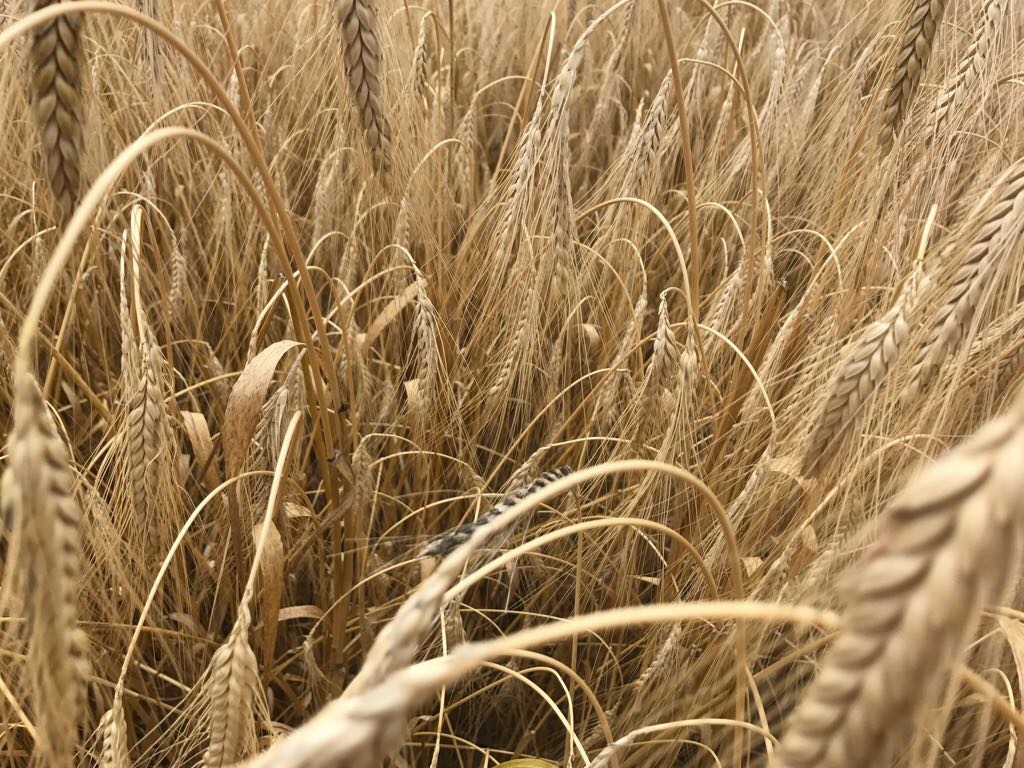We are in the midst of growing our crops, which form the basis for our BIO products. For us that means that there is a lot going on in our fields in Biberbach. Our biological working methods guarantee that our products remain 100% natural and able to develop their full aroma. When cultivating cereals, it is above all the ideal pre-crop, the time of cultivation, the right sowing depth and quantity, the perfect seed and, of course, the weather, that play a decisive role.
By December, for example, the grain we are sowing is going to grow. The green plants then survive the winter under the snow cover. In the summer of next year, the ripe grains are then harvested. We rely entirely on old varieties such as emmer, nude oats, naked barley, Schlägl rye, malting barley or brewing wheat. These Ursorten are very old crops that are well adapted to the conditions and are naturally well prepared for and disease.
Emmer, for example, is also one of the healthiest foods because of the many proteins and minerals. Perfect for our organic operation. However, as they do not yield as much as conventional varieties, they are virtually unused in conventional agriculture.
As a comparison: At Emmer, the yield is between 1000 and 3000 kg per hectare. For common wheat at approximately 8000 kg per hectare. In total, we farm around 45 hectares.
In conventional agriculture, nutrients can be introduced into the soil through nitrogen fertilization or chemical inputs, thereby correcting deficiencies. In organic agriculture completely dispense with the use of chemicals. A proper crop rotation in our fields, which keeps the overall context in view, is for us therefore the alpha and omega. This is necessary so that the nutrients are not taken from the soil unilaterally and the soil is not leached out. We adjust the crop rotation in such a way that several humus crops alternate with humus seers. In addition, it is important to protect the soil as much as possible from year-round plant growth in order to protect the soil from erosion, ie the loss of the fertile topsoil. Thanks to the careful soil cultivation with our peeling plow, which penetrates only about 12 to 15 cm into the soil, the nutrients remain more on the surface and are thus available for the plants. As fertilizer we use residues of our distillation, previously prepared with effective micro-organisms, catch crops and the straw of our grain, which is chopped and placed in the soil. That’s what we mean by a closed cycle.
From the special grain that we are growing right now, our whiskeys and vodkas are made.







